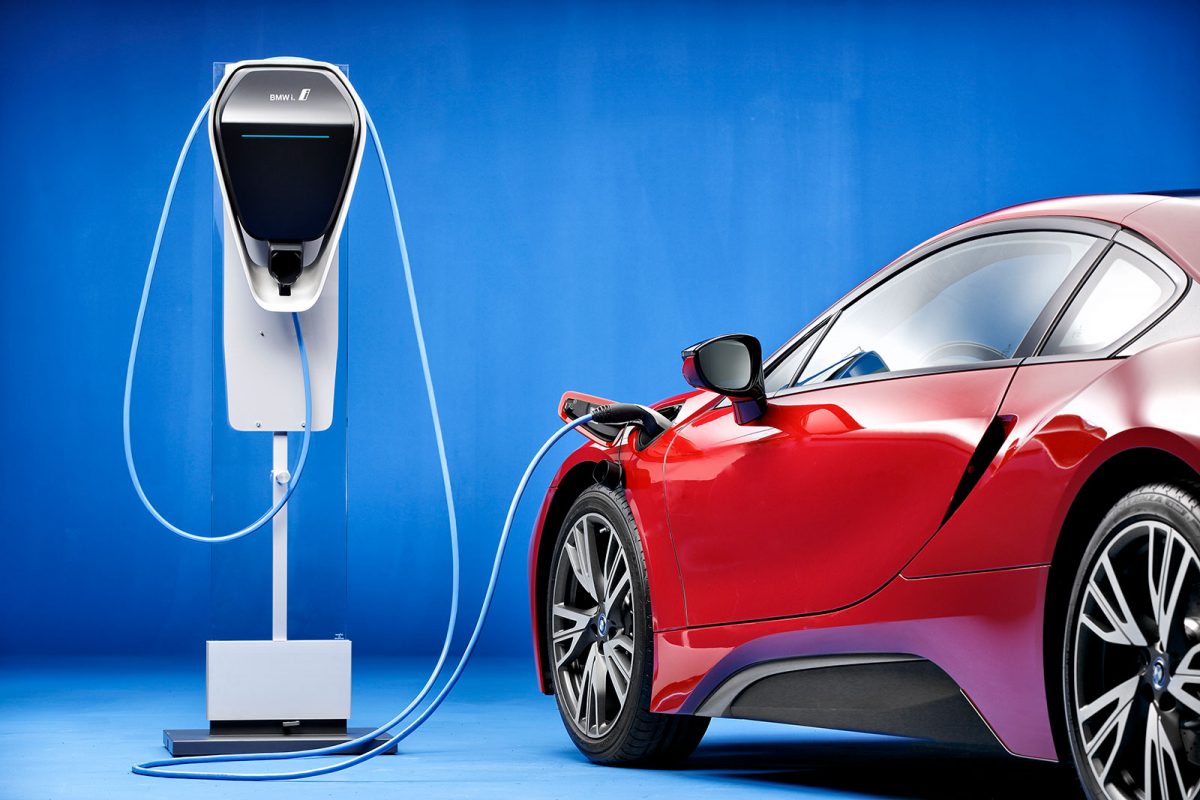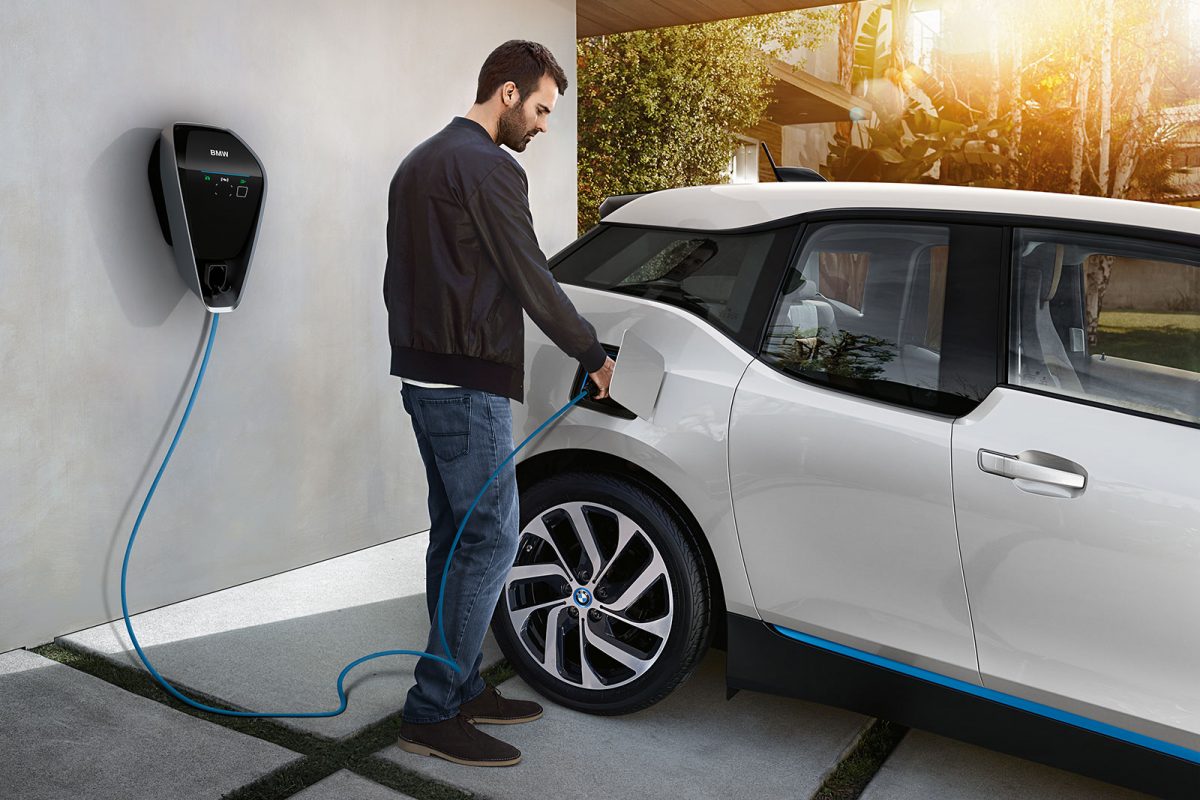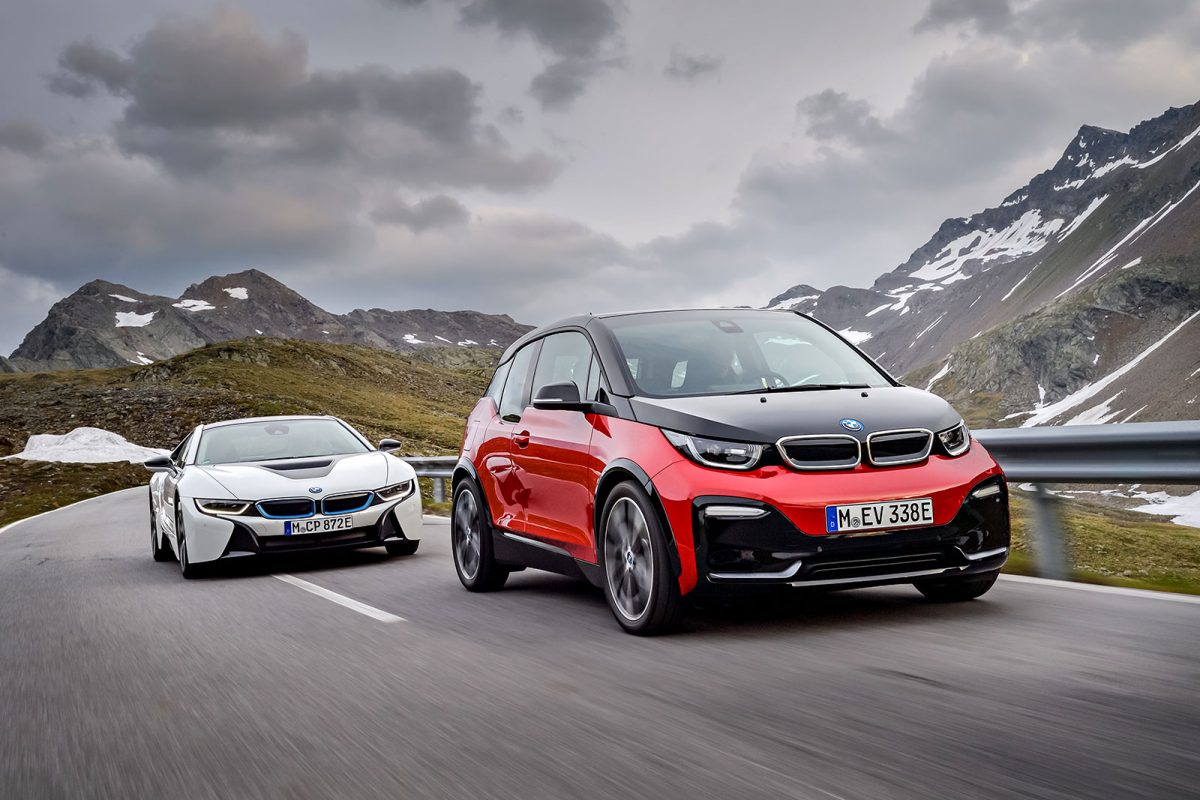BMW Group wants to help overcome the social and environmental issues surrounding cobalt mining

It’s been the dirty little secret of the EV world that one the most important raw materials of their batteries is cobalt. Cobalt is one of the key components in the production of electrified vehicles and is used in significant quantities in high-voltage batteries for EV’s and plug-in hybrids.
The challenge facing companies that work with cobalt as a raw material is that risks related to environmental standards and human rights cannot be completely eliminated in cobalt mining. This is because almost half of the world’s cobalt supply comes from the Democratic Republic of Congo which is a country with high rates of child labor that work in very poor conditions.


Commendably the BMW Group has decided to take these steps:-
First, the company will increase the transparency of its own cobalt supply chain by the end of the year, by releasing information on smelters and countries of origin for raw materials – even though these smelters are not direct BMW Group suppliers, but companies named as sources by BMW Group suppliers.
The BMW Group is also currently working with an independent partner on a feasibility study to explore to what extent the social and ecological situation can be sustainably improved through model mines for artisanal mining in the Democratic Republic of Congo. The study is specifically evaluating whether local model projects could be implemented with the potential for scalability at a later date.
Ursula Mathar, head of Sustainability and Environmental Protection at the BMW Group: “The BMW Group does not procure any cobalt itself; it only comes into contact with this raw material through the purchase of battery cells, for example. However, we are well aware that growing demand for electric vehicles also goes hand-in-hand with a responsibility for the extraction of relevant raw materials, such as cobalt. As a premium manufacturer – and in the interests of our customers – we aim to establish a transparent and sustainable supply chain that meets the highest standards.”
The BMW Group currently expects the first steps in verifying a local model project to coincide with the publication of smelters and countries of origin in December 2017.
With the measures it is taking in the battery cell supply chain, the BMW Group is emphasising its holistic approach to e-mobility — looking at all areas of the value chain in order to drive forward sustainable mobility solutions.
Credit: BMW Group
